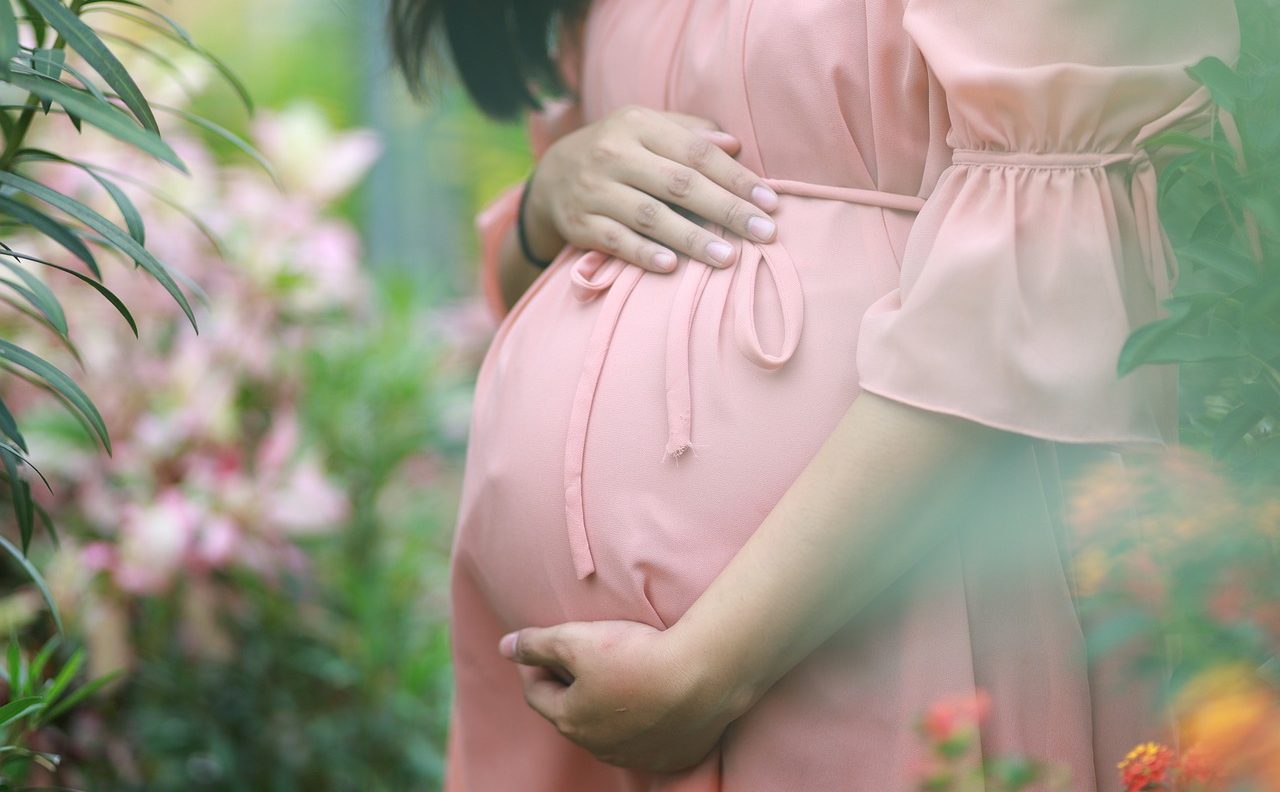As the COVID-19 pandemic continues to spread, pregnant women may have questions and concerns about their own risk of contracting the virus and whether they should get vaccinated. Here is what we know so far about the risks of COVID-19 during pregnancy and the safety of vaccines for pregnant women.
Risks of COVID-19 during pregnancy
Pregnant women are at higher risk of severe illness from COVID-19 compared to non-pregnant women of similar age. This may be due to changes in the immune system, cardiovascular system, and respiratory system that occur during pregnancy. Pregnant women with COVID-19 may be more likely to develop pneumonia and other respiratory complications, which can be serious or even life-threatening.
There is also some evidence to suggest that COVID-19 may be associated with an increased risk of preterm birth and low birth weight. However, the overall risk of these complications is still low, and more research is needed to understand the full extent of the risks and how they may vary among different groups of pregnant women.
It is important to note that the risks of COVID-19 during pregnancy may vary depending on factors such as the severity of the infection, the presence of underlying health conditions, and access to timely and appropriate medical care. It is also important to keep in mind that the risks of COVID-19 are likely to be lower for pregnant women who are younger and otherwise healthy.
Vaccination for pregnant women
Vaccines play a crucial role in protecting individuals and communities from infectious diseases. During pregnancy, vaccines can also help protect both the pregnant woman and her developing baby from serious illness.
The COVID-19 vaccines currently available in the United States (Pfizer-BioNTech, Moderna, and Johnson & Johnson) have all been tested for safety and efficacy in clinical trials. These trials have included a small number of pregnant women, and the data collected so far suggest that the vaccines are safe for pregnant women and do not pose any significant risks to the developing baby.
The Centers for Disease Control and Prevention (CDC) and the American College of Obstetricians and Gynecologists (ACOG) recommend that pregnant women be offered the COVID-19 vaccine as soon as it is available to them. ACOG has also issued guidance stating that the benefits of vaccination likely outweigh any potential risks for pregnant women and their developing babies.
It is important to discuss the COVID-19 vaccine with your healthcare provider, particularly if you have any underlying health conditions or are pregnant. Your healthcare provider can help you understand the potential benefits and risks of vaccination and determine the best course of action for you based on your individual circumstances.
Wrapping Up – Conclusion
Pregnant women are at higher risk of severe illness from COVID-19 compared to non-pregnant women of similar age. There is also some evidence to suggest that COVID-19 may be associated with an increased risk of preterm birth and low birth weight. However, the overall risk of these complications is still low, and more research is needed to understand the full extent of the risks and how they may vary among different groups of pregnant women.
The COVID-19 vaccines currently available in the United States have all been tested for safety and efficacy in clinical trials, including a small number of pregnant women. The data collected so far suggest that the vaccines are safe for pregnant women and do not pose any significant risks to the developing baby. The CDC and ACOG recommend that pregnant women be offered the COVID-19 vaccine as soon as it is available to them. It is important to discuss the COVID-19


